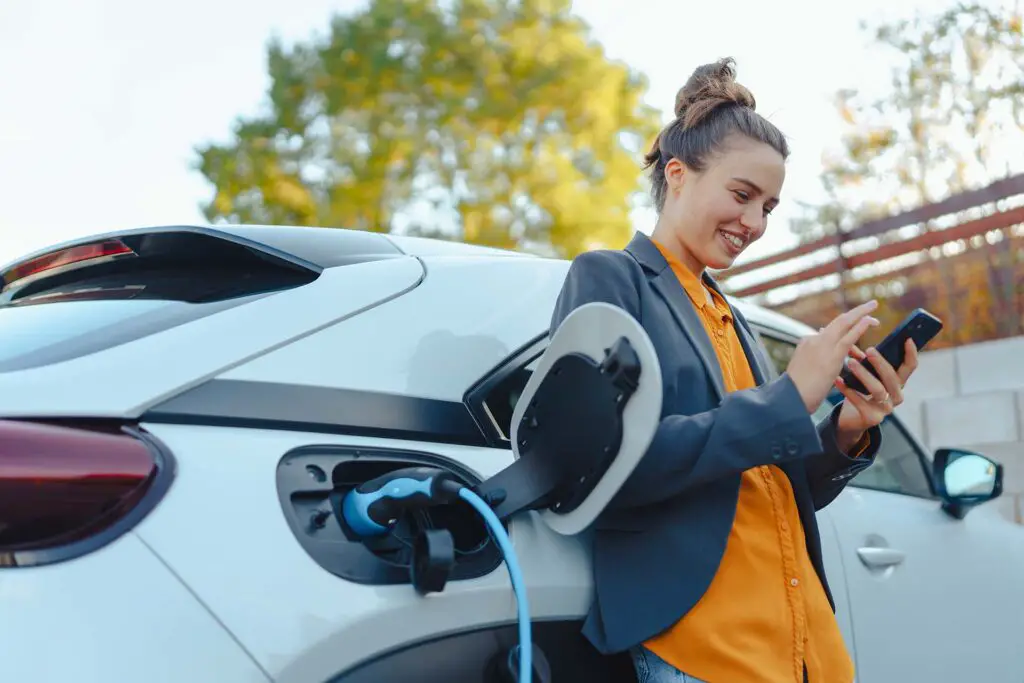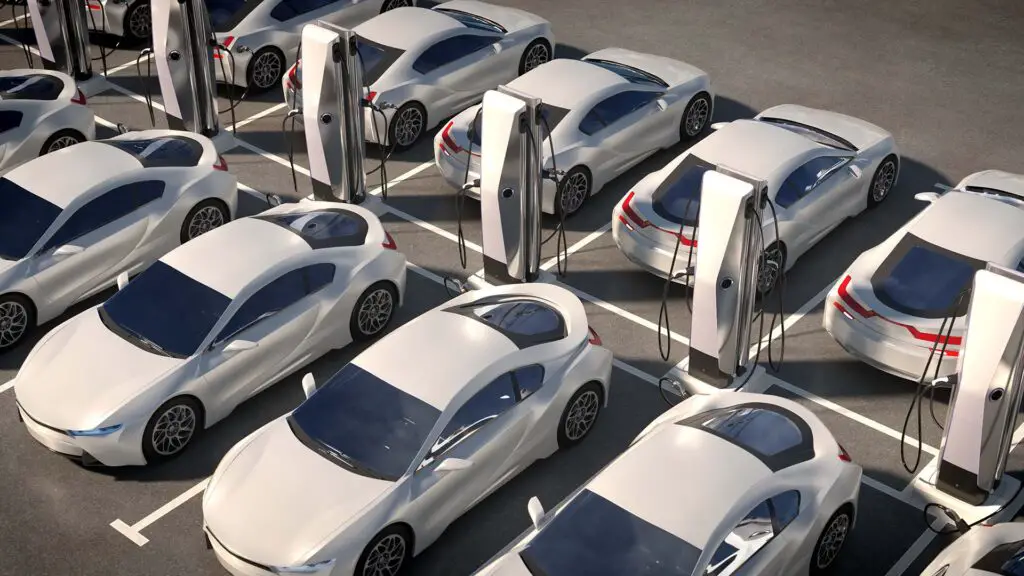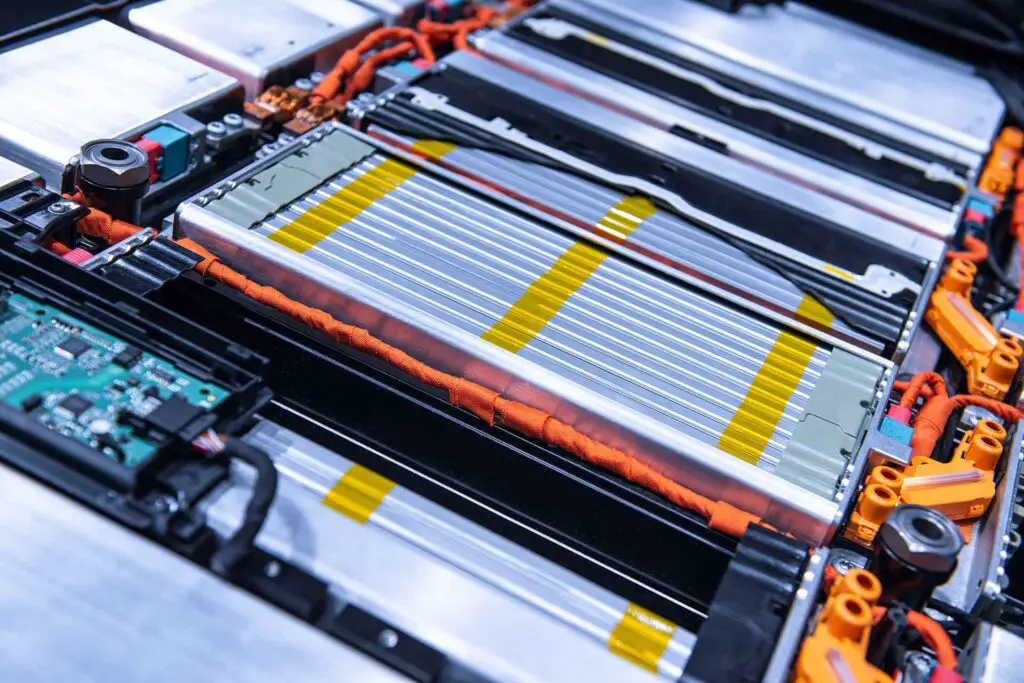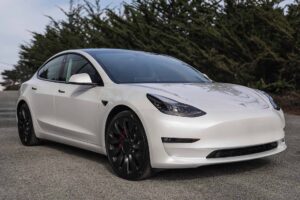Whenever the chatter shifts to the latest battery-driven model, there’s an immediate mix of excitement and skepticism in the air. You might’ve found yourself in the middle of such conversations, wanting to gather more information and wondering – what are the pros and cons of electric cars? If so, let’s weigh the good and the not-so-good to determine if it’s the right ride for you.
The biggest benefit of electric cars is their environmentally-friendly nature, which curbs emissions and reduces greenhouse gasses. Plus, they promise energy independence, as well as plenty of technological advancements, and they’re an enticing, cost-effective package in the long run. However, they’re not without their challenges. The initial price tag can give potential buyers pause, the range anxiety lingers, and the charging infrastructure is still playing catch-up in some regions.
It’s Important to Know All the Pros and Cons of Electric Cars Before Going Ahead and Buying One
Making the switch to an electric vehicle (EV) is a big decision, and not just because there are high prices involved in the mix. While these contemporary modes of transportation have been making waves with their eco-friendly perks and advanced tech integrations, they also come with their unique set of challenges.
Therefore, it’s crucial for potential battery-driven vehicle owners to be fully informed. From considerations about charging infrastructure to the long-term environmental impact, getting familiar with the nitty-gritty details will ensure you make a choice that aligns with your needs and values.

A Brief History of Electric Vehicles
In May 2023, global sales of battery-powered vehicles rocketed past one million units for the fifth time so far. That’s a whopping 50% jump from the previous year and a significant 16% of the overall market. Over 70% of these were all-electric, ringing in around 720,000 vehicles, and the most popular four-wheeler in this category has been the Tesla Model Y.
By glancing at these numbers, it’s pretty clear that EVs are the future. But it begs the question – how did we get here? Before weighing the advantages and disadvantages, let’s take a brief look at the vehicle evolution that uncovered this ingenious mode of transportation.
The Invention of EVs Can’t Be Contributed to One Country or Engineer
Now, pinning down the genesis of EVs isn’t a straightforward guessing game. Rather, it was a whirlwind of innovations in the 1800s. While Robert Anderson might have created a basic electric carriage, the game changed when the first practical electric vehicles were developed in the latter half of the 19th century.
Meanwhile, on American soil, William Morrison from Iowa unveiled a six-passenger electric vehicle around 1890. The top speed might’ve been a modest 14 mph, but this electrified wagon was truly a game changer. However, it would take over a century to fully grasp just how important this invention was.
Gasoline and Electric-Powered Vehicles Have Hit the Market at the Same Time
Now, here’s where the plot thickens – EVs hit the market around the same time as gasoline vehicles, courtesy of advancements in the internal combustion engine. However, EVs still had a certain charm – they were silent and user-friendly, becoming a favorite pick for a city car, especially among women drivers.
The Popularity Grew Due to Gasoline Shortages and Environmental Concerns
Zoom into the late 60s and early 70s, and the scene shifts dramatically. With soaring oil prices and the infamous 1973 Arab Oil Embargo, there’s a frantic search for alternatives. Congress passed the Electric and Hybrid Vehicle Research, Development, and Demonstration Act of 1976, further supporting the evolution of EVs, and the 1990s continued the trend.
Fast forward to today, and these four-wheelers aren’t just a niche product for the environmentally conscious. We’ve truly entered the all-electric age, where they’ve become mainstream, combining sleek design, tech innovation, and a promise for a greener tomorrow.

Advantages of Electric Cars
We’ve zipped through history, and now it’s time to put the pedal to the metal and talk about why so many folks are making the switch to battery-powered four-wheelers. Beyond the cool factor and the tech advancements, what really stands out are the tangible benefits of EVs.
There Are Plenty of Environmental Benefits
When you weigh the pros and cons of electric cars on the environment, the scales tip heavily towards the pros. One of the most resounding benefits? Zero emissions. These four-wheelers don’t spew out harmful greenhouse gasses the way traditional gasoline vehicles do. This makes a significant dent in reducing our carbon footprint, which brings several positive environmental impacts to the table:
- Decreased air and noise pollution,
- Conservation of natural resources,
- Reduction in acid rain and smog.
It’s Not Only Eco-Friendly but Also Energy Independent
By unplugging from the traditional gasoline pump, all-electric vehicles are nudging us away from heavy reliance on oil imports. This shift doesn’t just bolster a nation’s energy security but also propels us toward diversifying our energy sources. With EVs, it’s not just about clean energy – it’s also about harnessing a mix of solar, wind, and other renewable power sources.
EVs Bring a Lot of Technological and Performance Advantages to the Table
Let’s face it, while helping the environment is a top-notch reason to go electric, the tech and performance perks of EVs are undeniably tempting. From that satisfyingly instant torque to the thrill of silent acceleration, electric cars often feel like they’re straight out of a sci-fi novel.
Here are the most praised performance and technological advancements of EVs:
- Instant torque offers exhilarating acceleration while maintaining a peaceful, noise-free ride,
- Regenerative braking allows EVs to recapture energy during braking, improving efficiency,
- Some EVs, notably Tesla models, can receive software updates remotely, ensuring you always have the latest features and performance tweaks,
- Many come equipped with advanced safety tech, such as automatic emergency braking and lane assist,
- Electric motors can often outlast their gasoline counterparts with fewer issues over time.
Don’t Forget About the Cost Savings as Well
Ownership expenses are a commonly stated reason why EVs are better. The potential cost savings associated with these four-wheelers can be pretty alluring – just take a look at this comparison:
| Type of Vehicle | Average Yearly Cost for Powering |
| Gas | $2,425 |
| Plug-in Hybrid | $1,137 |
| All-Electric | $998 |
However, let’s not put on rose-tinted glasses just yet. While there are clear cost advantages in some aspects, it’s not all black and white. So, let’s shift gears and explore the disadvantages to get a fuller picture of what it truly means to make this switch. After all, informed decisions are the best decisions.

Disadvantages of Electric Cars
While the EV revolution has given us a myriad of advantages, it’s only fair to peek into the other side of the garage. Every coin has two sides, and just as we’ve celebrated the merits of these vehicles, it’s crucial to consider some of the bumps they bring along the road.
The Upfront Costs Will Have You Second-Guessing
For many, when weighing the pros and cons of electric cars vs. gas cars, one glaring problem sticks out – the initial purchase price of EVs. Even with potential government incentives or tax breaks, that initial sticker shock can be intimidating. Moreover, depreciation and concerns over resale value can muddy the waters further.
Here’s a comparison of the initial cost and the average sums needed to get insurance coverage:
| Type of Vehicle | Average Cost Upfront | Average Insurance Price |
| Gas | $33,800 | $1,529 |
| Plug-in Hybrid | $39,000 | $1,637 |
| All-Electric | $67,000 | $2,280 |
There Are Range Limitations but They Are Becoming Bigger
One of the consistent worries for potential EV buyers has been range anxiety – the fear that the battery will deplete before reaching a charging point. This remains a valid concern, but it’s good to know that the technology is evolving at a rapid pace.
Modern EVs come with batteries that can cover impressive distances on a single charge – just take a look at the following models:
- Lucid Air – 520 miles (837 km),
- Tesla Model S – 405 miles (652 km),
- Tesla Model 3 – 358 miles (576 km),
- Mercedes EQS – 350 miles (563 km),
- Tesla Model X – 348 miles (560 km),
- Tesla Model Y – 330 miles (531 km),
- Hummer EV – 329 miles (529 km).
You Are Dependent on the Charging Infrastructure
Regardless of how far an EV can travel on a single charge, it’s undeniable that its performance hinges on the charging infrastructure. Unlike gas stations, which have had a century to proliferate every nook and cranny, charging stations are still in their developmental phase in many regions. The availability, distribution, and even the speed of these stations can make or break your experience.
You Have to Think About the Battery Lifespan and Replacement Costs
Based on the latest industry insights, it’s estimated that EV batteries have a lifespan ranging between 100,000 to 200,000 miles, typically spanning 15 to 20 years. That’s quite impressive, but it also implies that, over the long haul, a battery replacement is likely in the cards for most owners. This will, unfortunately, take from $5,000 to $20,000 out of your pocket.
Beyond the potential cost of this replacement, there’s the environmental and economic conundrum of battery disposal and recycling. Efficient recycling processes and sustainable disposal methods are still being developed. After all, there won’t be much positive change if the transitions just replace one environmental problem with another.

Taking a Glimpse at the Future of Electric Cars
Predictions are rife with exciting developments, especially in battery tech. Word on the street is that we can expect batteries to not only last longer but charge faster and possibly even be lighter, making EVs even more efficient.
And it’s not just the techy bits that are leveling up. In terms of adoption, we’re on the cusp of a major shift. Cities globally are warming up to EVs, with more charging stations sprouting up left and right. Plus, incentives and policies supporting green transportation are becoming more common. So, if you’re pondering when to jump into the EV world, the future’s looking pretty electrifying!
Wrapping up This Electrifying Ride – Are You Making the Switch?
From the historical traces to the shiny tech-packed EVs of today, we’ve covered a lot of ground. And sure, while there are some speed bumps along the way, like range worries or upfront costs, the horizon looks promising. Advancements in tech, the push for a greener planet, and the pure thrill of an electrifying ride are making these machines hard to resist. But at the end of the day, it’s up to you to make that final decision.








